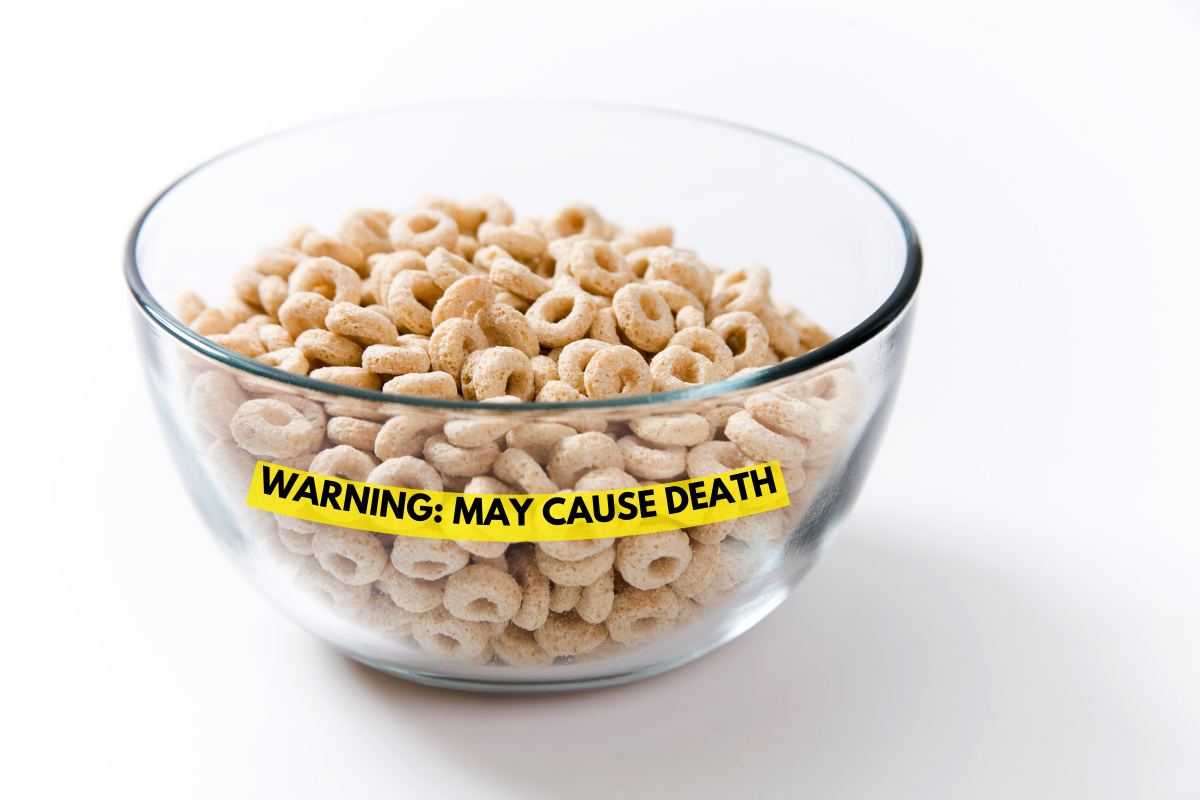
It’s an important question, and for a while I felt unqualified to ask it—let alone answer it. Just typing it out shows my White privilege. But as a mom who cares deeply about the health of other moms (and their babies!), I should absolutely be asking it and working to correct it.
In my world, breastfeeding is positioned as a duty that every mother should attempt—but it’s still a choice. One that I was able to make because I had resources to help me. I had someone show me how to do it (nurses, lactation coaches); I had time to figure it out (paid maternity leave); I had equipment and tools to help me do it without my baby (pumps, storage bottles, disinfectants); and I had access to dedicated spaces outside of my home (shopping centers with mother’s lounges, wellness rooms at my place of work, a door with a lock and a “do not disturb” sign) to keep it going for as long as I needed.
As a white mother with a corporate desk job, I had it made. A large percentage of Black mothers aren’t as fortunate.
Black Mothers Face Socioeconomic Barriers
According to data from the Centers for Disease Control (CDC), fewer Black infants are ever breastfed, compared to Asian, White, and Hispanic infants (1). And research points to socioeconomic barriers as the root cause of that disparity. Black women are more likely to be underserved in hospitals, where breastfeeding is initiated, and they are more likely to be in economic situations that require them to return to work immediately (2).
To get a deeper understanding of this racial disparity, I reached out to Kelli Mumphrey, a fellow breastfeeding advocate and the founder of MilkSpace, LLC. Her company sells kits for breastfeeding moms and provides hygienic pop-up spaces for pumping during conferences, trade shows, and other events.
Mumphrey initially pointed to the same CDC data I had been able to find and confirmed that employment is a big factor in preventing mothers from breastfeeding. “If we just look at Black women in general, in terms of the labor force, Black women are in jobs that are not particularly flexible in allowing women to breastfeed or express milk when they need to—even with laws in place that mandate employers with 50 or more employees to provide designated space and time,” she says.
Black Mothers Are Breadwinners
But the conversation shifted and provided an “Ah ha!” moment for me when Mumphrey shared her personal experience of pumping in a broom closet during an activation exercise as a military reservist. “As a Black woman, you just feel a little hesitation to even want to inquire about the breastfeeding policies and procedures [in the workplace], or have certain accommodations made on your behalf, because it seems risky,” she says.
Workplace culture puts pressure on mothers in general to hold work above family, but it’s heavier for Black moms, who also have to deal with a layer of racial inequity. Black women are breadwinners. They can’t afford to put their paycheck at risk by asking for break time or additional resources—even when they know breast is best, says Mumphrey, so they go back to work and reach for formula.
Sadly, not being breastfed sets a baby up for higher rates of childhood illnesses and an increased risk of asthma and other health concerns later in life (3). And there are implications for mom’s long-term health too, including elevated risks of postpartum depression, diabetes, obesity, heart disease, and certain types of cancer (3). But not returning to work isn’t an option.
Black Mothers Need to Know Their Rights
All women, but especially Black women, need to know their rights when it comes to expressing milk at work. Likewise, resources for doing it comfortably and safely have to be made available. And no, telling a mother she can use a bathroom doesn’t cut it—no matter how big it might be. “Think about the setting like this, would you want to eat a lunch that was prepared in that room?” asks Mumphrey. “That’s essentially what’s happening when a mother pumps—she’s making a meal for her baby.”
Mumphrey’s company addresses that hygiene factor for corporate women attending conferences, and more recently she has worked to address it for women in any employment situation. Her MilkMama Sanity Kits contain tools that can help mothers create a more ideal space for expressing liquid gold, no matter where they pump—in a break room, in the car, on the go.
Reaching Out to Black Mothers
MilkSpace has even gone a step further. Mumphrey recently launched the MilkSpace Match IT 4 HER! program, a social impact initiative developed to lessen breastfeeding disparities in Black women. And she’s looking for corporate partners to help reach underserved mothers and provide them with tools that can help make breastfeeding a true choice for all.
Still, returning to work and pumping on the job is only one of the hurdles Black mothers have to jump on their breastfeeding journey. This article doesn’t even begin to unpack the cultural barriers, the lack of experience or understanding among family members, or the historical stigma attached to breastfeeding for Black women. I have more to learn and more action to take.
You can watch my conversation with Kelli Mumphrey in the first episode of The Daly Lift, below. We go into more depth on Kelli’s military service, Black mothers being exposed to baby formula, and how to plan for your breastfeeding. I’m sure it’s the first of many chats she and I will share.
The Daly Lift, Episode 1: Why Aren’t More Black Moms Breastfeeding?
Postpartum Resources for Black Mothers
If you need help with breastfeeding, or if you would like to help someone else, here are a few of the organizations that support BIPOC mothers:
- Every Mother Counts
- Perinatal Mental Alliance for People of Color
- Black Mamas Matter Alliance
- Postpartum Support International
- La Leche League USA
- Shades of Blue Project
Sources:
- Breastfeeding Report Card, United States 2020. Centers for Disease Control. September 2020.
- “Committee Opinion No. 570: Breastfeeding in Underserved Women: Increasing Initiation and Continuation of Breastfeeding.” Obstetrics and gynecology vol. 122,2 Pt 1 (2013): 423-427. doi:10.1097/01.AOG.0000433008.93971.6a
- Dieterich, Christine M et al. “Breastfeeding and Health Outcomes for the Mother-Infant Dyad.” Pediatric clinics of North America 60,1 (2013): 31-48. doi:10.1016/j.pcl.2012.09.010












